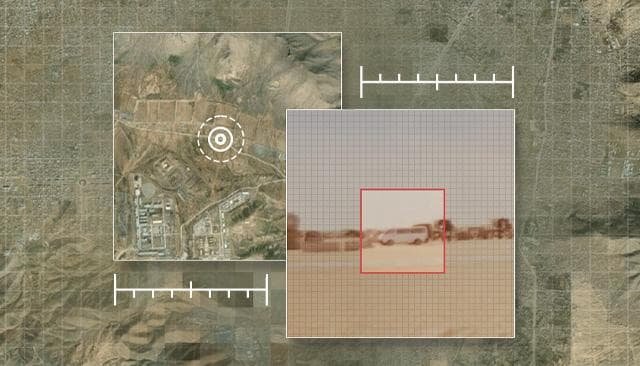2021 Year in Review
Operationalizing Responsible Artificial Intelligence
While artificial intelligence (AI) has leapt ahead, guidance on its responsible use has not kept up. The technology’s constant evolution, trust and transparency challenges, and unpredictable operational contexts have made it difficult to develop practical heuristics for creating and maintaining ethical AI systems.
The Defense Innovation Unit (DIU), which accelerates adoption of commercial technology in the Department of Defense (DoD), saw that its own programs should be practicing the DoD’s five ethical principles for AI. DIU collaborated with the SEI to operationalize these principles within DIU’s commercial prototyping and acquisition programs. The lessons learned and cross-sector best practices culminated in DIU’s fall 2021 report, Responsible AI Guidelines in Practice.
“As DIU fields and scales commercial technology, we are building on the DoD’s commitment to responsible AI,” explained DIU’s AI and machine learning technical director, Jared Dunnmon. “The Guidelines facilitate agreements between DoD partners and commercial vendors, enabling DIU to stimulate, structure, and document a process of building AI capabilities that aligns with the DoD AI ethical principles on DIU programs.”

Our goal was to establish a process that is reliable, replicable, and scalable across the DIU and expandable to other DoD organizations.
Assistant Design Researcher, SEI AI Division
Mitigating bias, misuse, abuse, and unintended consequences in AI capabilities requires understanding context and focusing on the humans that interact with the system. Human-centered AI is one of the SEI’s proposed three pillars of AI engineering. “Human-centered AI is now recognized as important to successful AI systems, but guidance is needed for how to implement it,” said the SEI’s Carol Smith, a co-author of the DIU report. “The Responsible AI Guidelines provide the government with actionable guidance to do this important work.”
The guidelines concretize ethical concepts into actionable practices across the AI workflow. SEI researcher Alexandrea Steiner, another report co-author, said, “Our goal was to establish a process that is reliable, replicable, and scalable across the DIU and expandable to other DoD organizations.”
For help making human-centered, responsible AI, contact the SEI AI Division at info@sei.cmu.edu.
More on Artificial Intelligence Engineering from the 2021 Year in Review

Quantifying Uncertainty in Mission-Critical AI Systems
Many machine learning models inaccurately estimate the certainty of their inferences about real-world data.
READ MORE
New Artificial Intelligence Division to Advance the Discipline
The AI Division researches the practical design and implementation of AI.
READ MORE
AI Engineering: Building the Discipline and Growing an Ecosystem
The SEI has begun formalizing the field of AI engineering, much as it did for software engineering in the 1980s.
READ MORE